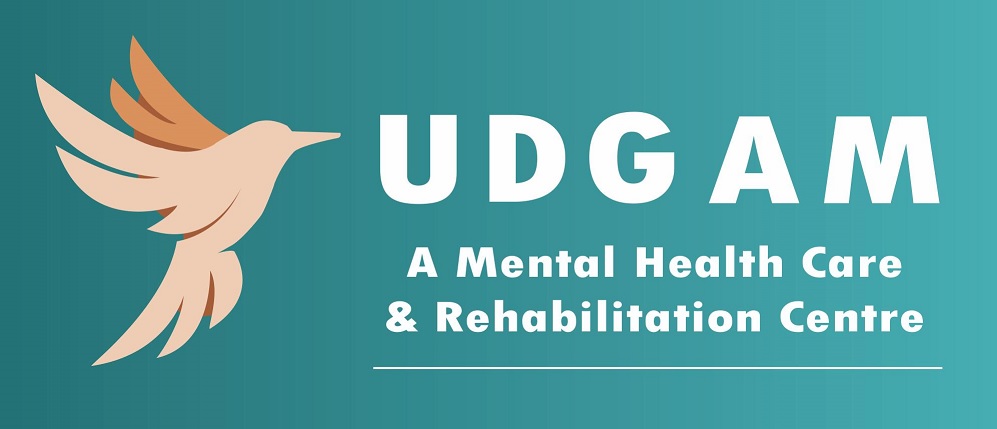
Childhood Bipolar
Childhood schizophrenia is an uncommon but severe mental disorder, in which reality to surroundings, the situation became loss and abnormal thoughts persist.
Childhood Bipolar is the same as schizophrenia in adults, but it appears early in life between 11-18 years of age. It has a great impact on a child’s behaviour, emotion, and development. This early onset of illness in children brings along big challenges for parents, caregivers as well as doctors for diagnosis, treatment, education, emotional and social development. Early detection and diagnosis have a major role in its prognosis. Schizophrenia is a chronic illness, has a long course of illness, and has a poor outcome.
How to recognise the illness?
Bipolar is a thought disorder and affects a person’s thinking, emotion, and related behaviour, it reflects an impaired ability to function. This is a syndrome and has a range of symptoms from mild to severe.
Positive symptoms like delusion, hallucination, or disorganized behaviour may present. Negative symptoms like apathy, remain aloof, poor social interest and interaction, blunting of effect, poverty of speech and thought, reduced social drive, loss of motivation, and inattention to social or cognitive input. These negative symptoms have very disabling effects on a patient’s life and have a poor prognosis. Although in children or early onset of schizophrenia positive symptoms are less common.
Bipolar symptoms generally start in the 20s but this can affect the child and adolescents age group. Early-onset schizophrenia occurs before age 18, very early-onset schizophrenia in children younger than age 13 that is very rare. Symptoms vary with age, gender, type of disease. This is a chronic illness, so remission and relapses are very common. Schizophrenia can be difficult to diagnose in the early phases due to its varied presentation.
Early signs and symptoms
The earliest indications of childhood schizophrenia may include developmental problems, such as:
- Language delays
- Late or unusual crawling
- Late walking
- Other abnormal motor behaviours — for example, rocking or arm flapping
Some of these signs and symptoms are also common in children with an autism spectrum disorder, intellectual disability. Detailed childhood history and assessment can rule out other illnesses.
Symptoms in teenagers
Schizophrenia symptoms in teenagers are very similar to those in adults, but the condition may be more difficult to identify in this age group. This confusion of recognition of early symptoms of schizophrenia in teenagers is common for usual development during teen years, such as:
- Poor interaction with friends and family
- Deterioration of performance at school
- Sleep difficulties
- Remain irritated on usual things, low mood
- Lack of motivation
- Strange and erratic behaviour
- Substance use
- Suicidal gestures or attempt is also common among these age group.
Compared to schizophrenia symptoms in adults, teens may be:
- Less likely to have delusions
- More likely to have visual hallucinations
Later signs and symptoms:
As children grow with schizophrenia, more classic signs and symptoms of the disorder begin to appear. Signs and symptoms may include:
- Delusions – These are firm, false beliefs that are not based on reality.
- Hallucinations – These usually involve the false perception of sensory, like seeing or hearing things that don’t exist.
- Disorganized thinking – Disorganized thinking is inferred from disorganized speech, behaviour.
- Extremely disorganized or abnormal motor behaviour – This may show in several ways, from childlike silliness to unpredictable agitation, automatic movements, non-goal directed movements.
- Negative symptoms – This refers to reduced or lack of ability to function normally.
These general signs and symptoms don’t necessarily mean your child has childhood schizophrenia. These could indicate a phase, another mental health disorder such as depression or an anxiety disorder, or a medical condition.
Seek medical care as soon as possible if you have concerns about your child’s behaviour or development.
Causes:
The exact cause is unknown, but a combination of genetics, brain chemistry, and the environment contributes to the development of the disorder. Neuro-chemicals like dopamine, serotonin, and glutamate changes are responsible.
If left untreated, it may lead to:
- Self-injurious behaviour, suicide attempts
- Abuse of alcohol or other drugs, including tobacco
- Inability to live independently, difficulties to attend school or work, unemployment, poor academic growth
- Social isolation, homelessness
- other medical problems
- Aggressive behaviour, being victimised.
- Legal and financial problems
Treatment:
Early identification and treatment may help in the treatment of childhood schizophrenia before serious complications develop. Early treatment is also vital in helping limit psychotic episodes, which can be extremely alarming to a child and his or her parents and caregivers. Persistent care and treatment can help the improvement of the child’s condition.
Antipsychotic medicines that are available in oral, dispersible, or injections, depot injections forms are very helpful to treat the illness. Few additional medicines are also helpful to reduce associated symptoms. Ensure the compliance of the medicine.
Psycho-education to the family, caregivers about the illness, prognosis, knowledge about relapses of symptoms, are very helpful. Psychotherapy to family and caregivers reduces stress and burnout.
How UDGAM will help in treatment?
We at UDGAM – A Mental Health Care & Rehabilitation Centre, comprising a dedicated team of mental health professionals. We believe that the right interventions for children can bring impactful changes in there and their parent’s life. We have both online and clinic-based programs for children. We provide quality care, support & multidisciplinary services to achieve this and promote Hope, Health & Happiness.

